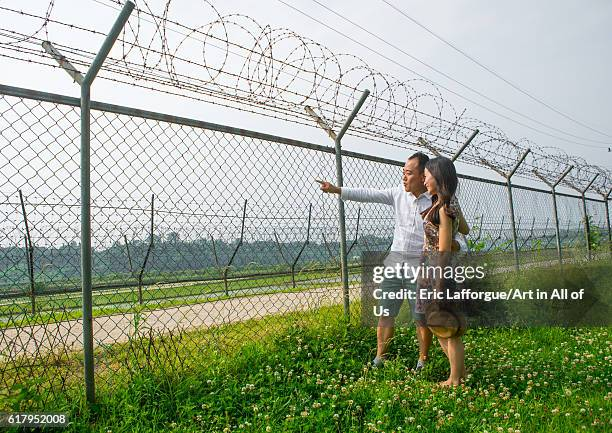The attitude of listening and dialogue requested in the Synod process is 'being more open to the voices of those who think differently from us, as well as those we tend to easily ignore and exclude'. It is difficult to accept that we should listen to those we do not want to talk to. This is the kind of preparation given by the Catholic papers, magazines, and news reports within the teaching Church.
“Strong and well-written phrases can attract consumers’ attention, but they are not enough to lead them to purchase.” We can make people accept the importance of listening, but it seems that some preparation is needed to become a Synod that willingly listens to and talks with even those with whom we have uncomfortable relationships.
Our relationships with others improve through listening. It would be good to gradually learn the skill of listening, but first, listen to other people’s stories with sincerity. When the other person feels that they are sincerely listening to my voice, their attitude toward me changes. At some point, you will feel that the other person’s voice toward you has become softer. Experience the power of listening. Listening is not just hearing what the other person says, but also examining what the other person is trying to convey even though they haven’t expressed it in words, and giving feedback to the other person.
Even if we have something we need, it takes some time and effort to become accustomed to it. For example, people want to lose weight. So they choose extreme weight loss methods, but it seems that they rarely succeed. People who have confidence in weight management by reducing overeating and increasing exercise time regularly seem to be relatively more successful. The same goes for listening. As you accumulate daily experiences of listening, you gain the power to willingly listen to even the most difficult words of the other person.
The article from which these words were taken mentioned a writer who began practicing listening and started a new life by improving his relationships with people around him. He listened to the stories of people around him and responded to them, and could feel his attitude toward himself changing, and the author confesses that this change became the starting point for living his life actively.
Listening is more than just hearing. It requires patience and effort to focus on the other person’s voice. Even if you make an effort to listen, it is difficult to continue listening if the other person shows a wary attitude toward you. Nevertheless, Synod emphasizes conversations of listening that sincerely listen to the other person’s story. Synod’s demand that we listen to the voices of even those we want to ignore and exclude seems unrealistic. However, if the change in relationships that occurs through listening is helpful not only to the other person but also to ourselves, it is definitely worth trying.
A help in doing this is to remember the difference often heard between dialogue and discussion. Dialogue means using your ears as much as your mouth, asking questions to learn, agreeing with what you can, discovering the similar and common values you have, and expressing emotions to help to understand. Discussion may often mean debate—giving answers, wanting to be right and win over the other, and seeing it as competition and not a means to seek the truth but looking only for the points of conflict and not valuing the other as a person of dignity.
Let us remember the theme of the Synod— "For a synodal Church: communion, participation and mission."






